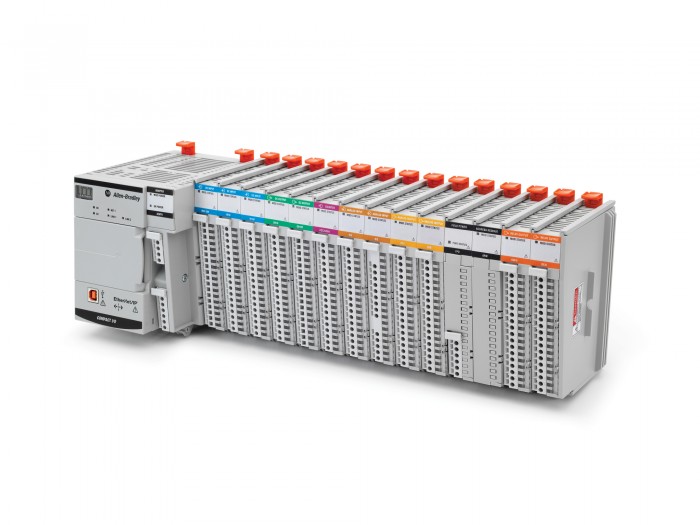

Smart building management systems collect and analyze data continually, which can be used to discover inefficiencies, predict equipment breakdowns, and customize the building environment to the demands of the occupants. Schneider Electric's solutions encapsulate these benefits, providing a well-rounded approach to building management.ĭata is extremely useful in today's digital world. Operational Efficiency: By continuously monitoring and automating building operations, these systems ensure minimal downtime, reduce maintenance costs, and lengthen equipment life.Įnhanced Occupant Experience: With a focus on occupant comfort, these systems can adjust parameters to ensure optimal conditions, enhancing productivity and well-being.įuture-Proofing: With the world changing rapidly, buildings equipped with smart management systems are better positioned to adapt to future needs and technologies. While the primary drive is energy efficiency and sustainability, smart building management systems offer other advantages: Schneider Electric's platforms adopt this comprehensive philosophy, ensuring that every component operates in unison. For example, if a security system detects no one in a room, it can command the lights and HVAC systems to switch off, saving energy. Buildings can make decisions on their own by communicating with these systems. It's all about integrating everything, from lighting to HVAC to security. It is not enough to manage a single system or component.

The holistic approach of modern building management is one of its distinguishing features.

With corporations and communities pushing for more environmentally friendly practices, firms like Schneider Electric are responding with solutions that combine efficiency and sustainability. They decrease energy waste, use renewable energy, and lower their carbon footprint. Modern building management systems are built with sustainability in mind. The green movement isn't just a fad it's the way of the future. Schneider Electric, a market leader, has created unique solutions that use real-time data to give actionable insights. These smart buildings can handle lighting, heating, cooling, and ventilation on their own to save energy, improve air damper quality, and improve the overall tenant experience. They are now dynamic creatures with networked systems and sensors. At the forefront of this transformation is building management, which has undergone a remarkable metamorphosis, thanks to advancements in eco-friendly technologies and companies like Schneider Electric that pave the way.īuildings are no longer just stationary structures. In our rapidly evolving world, the fusion of technology and sustainability is more apparent than ever.


 0 kommentar(er)
0 kommentar(er)
